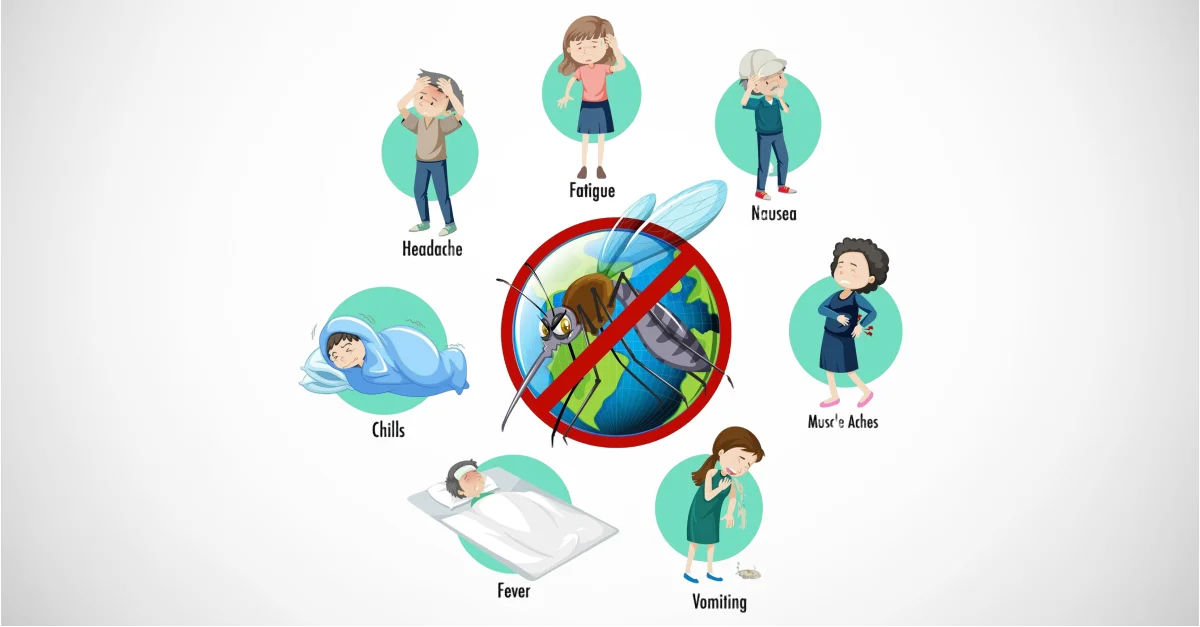Pneumonia is a very severe infection in the lungs. Inflammation and difficulty in breathing are some of the symptoms that pneumonia often brings. Various pathogens like bacteria, viruses, and fungi can be responsible for this infection. The symptoms can range from mild in some people to being serious in others. As pneumonia is the number one cause of morbidity and mortality worldwide, knowledge on prevention and management of this condition can be crucial. Here’s how to keep one safe from pneumonia.
Vaccination: First Defense Against Some Types of Pneumonia
Vaccination is one of the best weapons against some forms of pneumonia. For example, there are pneumococcal vaccines, which can protect against pneumonias caused by the bacteria Streptococcus pneumoniae and Haemophilus influenzae type b, also known as Hib. It is highly suggested for vaccination among children, elderly adults, and those whose immune system is weakened, who it can protect best against the most common form of bacteria causing pneumonia.Except for the pneumococcal vaccine, the flu vaccine can similarly reduce your chance of developing pneumonia through complications by the flu. Since viral infections such as the flu can lead to secondary bacterial pneumonia, flu prevention would indirectly reduce the chances of developing pneumonia too.
Maintain Proper Hygiene
Proper hygiene remains one of the greatest keys to preventing pneumonia especially the viral and bacterial types which spread through droplets in the respiratory tract.Wash hands often: especially before eating; after to the bathroom, coughing or sneezing.When sneezing or coughing, cover mouth and nose with tissue or elbow to prevent droplets from spreading. Disinfect frequently touched objects and areas such as doorknobs, light switches, and phones, killing any dangerous pathogens. Good hygiene habits, mainly during flu and cold seasons, is what keeps pneumonia away.
Give Up Smoking and Limit Alcohol Intake
Smoking kills your lungs and leaves you more prone to infection like pneumonia. Smokers’ chemicals destroy the lung’s natural defense mechanism that enables easy multiplication of bacteria and viruses in lungs. Giving up smoking automatically reduces the chances of acquiring pneumonia or any other respiratory infection.Also, too much alcohol consumption can downgrade your immunity, and it is difficult for the body to fight infections. It exposes you to developing pneumonia and other complications. Drink only when necessary, and do your best to avoid such practices that undermine your health.
Develop Healthy Immunity
A healthy immunity will enable your body to fight infections, which is one way of preventing pneumonia. To boost your immunity, Maintaining a diet would be balanced in fruits, vegetables, whole grains, lean proteins, and healthy fats.Exercise regularly to enhance lung capacity and general fitness. Sleeping is sure to enable the body to rest and fight infections. Hydration of your body because this will help your body to function according to your body’s needs while aiding the detoxifying process. People who have a weakened immune system, for instance, patients with chronic diseases or those on therapy with chemotherapy, should be very careful. They should avoid places where there are many people and get properly vaccinated.
Symptoms and Signs of Pneumonia
Pneumonia should be detected early in its presence to treat effectively. The most common symptoms and signs of pneumonia are:Coughing, typically producing mucusTrouble breathing
- Feeling weak
- Pain in the chest, especially when coughing or inhaling
- Fever, sweating, or chills
- Confusion, especially in older adults
- Care for Underlying Health Issues
If you or anybody else feel that you have these symptoms, call the emergency room. Antibiotics or antiviral drugs can definitely make a difference if received early in treatment and can greatly limit the severity and duration of the illness.
Care for Underlying Health Issues
Conditions like asthma, diabetes, and heart disease can easily weaken someone’s resistance and give easy access for pneumonia. Proper management of these underlying conditions may reduce pneumonia and other such complications.For example, to asthma patients, one needs to follow the prescribed use of inhalers and avoid triggers. In the case of diabetes, management requires diet, medication, and exercises to avert infections. For patients with heart disease, there is a need to heed the doctor’s advice regarding the management of the disease and risks involved.
Seek Prompt Medical Care
Though a person is diagnosed with having pneumonia, medical treatment should be given within time; bacterial pneumonia often requires antibiotics, and antiviral drugs along with supportive treatment are used to treat viral pneumonia, and sometimes antifungal drugs have to be used for fungal pneumonia.In severe cases of pneumonia, you can be hospitalized where intravenous (IV) antibiotics, fluids, as well as oxygen therapy is administered. Always complete the treatment course according to your health care provider’s prescription and never skip a prescription dos.
Stay at Home and Rest when You Fall Ill
If you have pneumonia, almost always you would want to rest at home as much as possible in order for your body to heal. The symptoms of pneumonia are quite exhausting, and you will feel that over exerting yourself makes your condition worse. Rest and hydrate your body with fluids like water, soups, and juice in order to liquefy the mucus that might help promote healing.Recovery from pneumonia and prevention of its complications require the patient not to resume activities until given clearance by a physician. Thus, doing something too soon can place a lot of tension on the lungs, resulting in prolongation of the disease.
Extra Care for the Aged and Children
The elderly and very young children are especially at risk because their immunity is much weaker than in other ages. For the elderly, in fact, pneumonia is a major cause of hospitalization and death; older persons need annual flu shots and pneumococcal vaccines, especially if they care for an elderly individual.If the child maintained hygiene, kept immunized, and did not associate with the disease providers, then the acute pneumonia complications in young children especially under 2 years would have been prevented.
Conclusion
Pneumonia is indeed a serious illness; however, proper prevention with early detection along with proper management of the disease can surely be controlled. In principle, a healthy habit that includes vaccination, good hygiene, and even a powerful immune system can surely cut the risk of pneumonia to a bare minimum. If you or one of your family members is suffering from pneumonia, go fast to the medical professional and follow the long-term treatment. With proper care, you would be able to stay out of the hospital and healthy while also preventing pneumonia in yourself and others.






